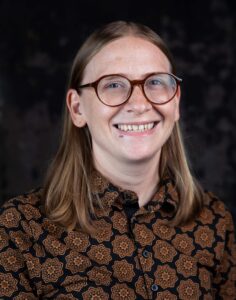Ida Fadzillah Leggett
Convenor
 Middle Tennessee State University
Middle Tennessee State University
Ida Fadzillah Leggett is an Associate Professor of Anthropology at Middle Tennessee State University in Murfreesboro, Tennessee. She received her PhD in 2003 from the Department of Anthropology at the University of Illinois, Urbana-Champaign, and her MA in Anthropology with a concentration in Southeast Asian Studies from Northern Illinois University. Originally from Malaysia, her research focuses on the effects of globalization and transnationalism on Southeast Asian youth’s– especially girls’—experience and interpretation of their world. Her publications include an edited volume on Field Stories: Experiences, Affect, and the Lessons of Anthropology in the Twenty-First Century (2021, Lexington Press), and articles on children and the experience of mundane violence, girls and the power of imagined futures, and the education of refugee youth in the Southern US. She is currently working on a monograph on girl cultures. Current courses she teaches include “Cultural Anthropology”, “Race, Class, and Gender”, “Cultural Images of Gender”, “Globalization”, “Peoples and Cultures of Southeast Asia”, “The Anthropology of Religion”; and “Magic, Witchcraft, and Religion”.
Elise Berman
Past Convenor
 University of North Carolina at Charlotte
University of North Carolina at Charlotte
I am a linguistic, cultural, and psychological anthropologist. I am also engaged in the interdisciplinary fields of education and communication and I have worked with the Chabad-Lubavitch, the K’iche’ Maya in Guatemala, and the Marshallese in the Republic of the Marshall Islands (RMI). Currently, I am an Assistant Professor in the Department of Anthropology at the University of North Carolina at Charlotte. I am concerned with the social and interactional production of childhood and age differences, particularly in Oceania and the Pacific diaspora. My book, Talking Like Children: Language and the Production of Age in the Marshall Islands, analyzes a variety of interactions in the Marshall Islands largely based around exchange and shows how in these dramas large and small, age differences emerge through the things people say, do and feel. I argue that age is a social production, that immaturity is cultural, not natural, and that Marshallese children are socialized to be different from their elders. I am also beginning a new project on language, age, and race in the Marshallese diaspora, specifically in Springdale Arkansas. This project focuses on the category of Long Term English Learners, students whose schools retain English Learner status. We will follow Marshallese students for five years to determine if, how, and why they get stuck in English Learner (EL) status and how that status affects identity in the diaspora and changing racial hierarchies in the American south.
Julie Spray
Communications Chair
 University of Galway
University of Galway
Julie Spray is a Lecturer in Children’s Studies at the University of Galway. A Pākehā New Zealander, she is an interdisciplinary medical and childhood anthropologist who researches children and young people’s perspectives on health and illness, public health policy and interventions, and health inequalities. Integrating biosocial, ethnographic, and visual methods, her work advocates for greater inclusion in health policy of those marginalized by dominant social structures and values, particularly children and racially or economically disadvantaged communities. Her research has been based in Aotearoa New Zealand and the United States with analyses focusing on intersecting issues of rheumatic fever, asthma, stress, infrastructure, nutrition, self-harm, mental health, Covid-19, and health policy. She is the author of “The Children in Child Health: Negotiating Young Lives and Health in New Zealand” (Rutgers Series in Childhood Studies, 2020).
Courtney Helfrecht
Secretary
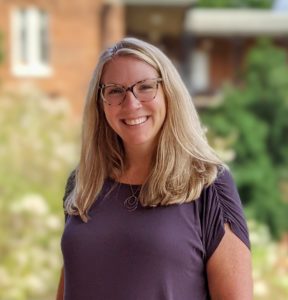 University of Alabama
University of Alabama
Courtney Helfrecht is an Assistant Professor of Anthropology at the University of Alabama. Her research examines the ways in which the socioecological context affects the patterning of child development and health. In Ethiopia, this work centers on stress from the physical and social environments and its impact on nutritional status, biomarkers (cortisol and DHEAS), and sociocultural development among Sidama agropastoralist children. She is also in the process of developing a project that will investigate the relationship between consumption of waasa, a fermented food central to the Sidama diet, and children’s gut microbiomes. In Alabama, her research is oriented around out-of-school activities, including athletics and performing arts, and the impacts of participation on child health and well-being. This work is rooted in positive youth development and community-based participatory research, and aims to identify environmental assets that can be amplified in order to mitigate health inequities among Alabama’s youth.
Seran Demiral
Membership Coordinator
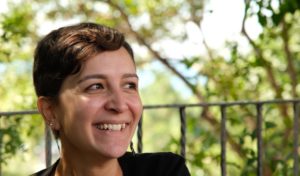 Istanbul Arel University.
Istanbul Arel University.
Seran Demiral is an Assistant Professor at Istanbul Arel University in the Department of Sociology and a Visiting Scholar at The Maria Grzegorzewska University in Warsaw on the Children’s Rights and Childhood Studies Master Program. She is a children’s literature and sci-fi writer from Istanbul, Turkey. As a writer for children and a sociologist, her publications focus on the subjectivities of children and young people and their collective cultures, particularly in digital environments. She teaches digital childhoods and children’s literature at Boğaziçi University, as well as human rights, child rights and methods in sociology and conducting workshops for different children groups as a P4C trainer (Philosophy for Children). At present, she is continuing her work on new novels, science-fiction stories, and theatre plays.
Manya Kagan
NEOS Co-Editor
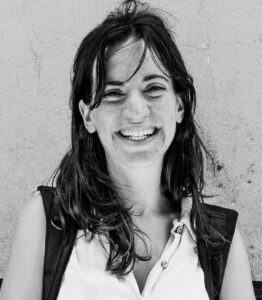 University of Pennsylvania
University of Pennsylvania
Manya Oriel Kagan is currently a postdoctoral researcher fellow at Perry World House at the University of Pennsylvania. She has a PhD in education and her interests lie at the nexus of migration, urban (in)justices,
Chelsea Cutright
NEOS Co-Editor
Meredith College
Chelsea Cutright (she/her) is currently an Assistant Professor of International Studies at Meredith College. She has a PhD in cultural anthropology from the University of Kentucky. Her teaching and research interests include gender, sports for development, and youth studies.
Christopher Chapman
Graduate Student Representative
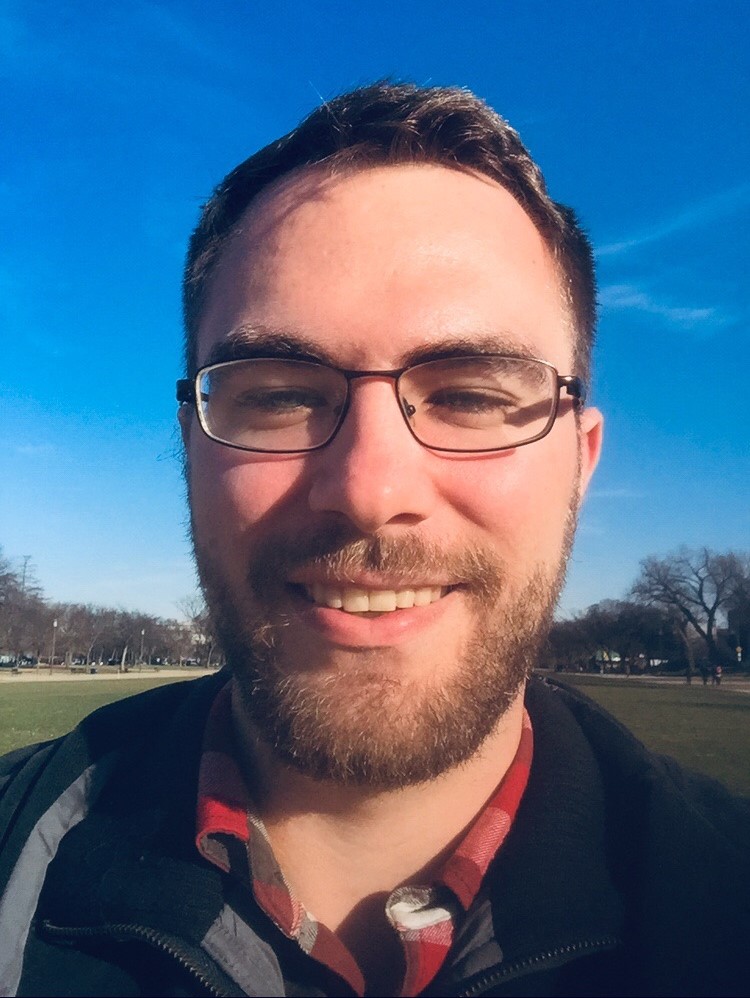
University of Oxford
Christopher Chapman is a doctoral candidate in Anthropology at the University of Oxford. He is also affiliated with the Institute for Children’s Social Care at Waseda University. Christopher is a medical anthropologist interested in caregiving, personhood, mental health, and inequality. His doctoral research explores the multi-sited politics of child welfare in Japan, ranging from social work agencies and the offices of clinical psychologists to the everyday lives of children in care. A key part of this project is the inclusive and equitable participation of children and young people who may be ill, disabled, or have faced adversity. Before starting his doctoral studies, Christopher completed his master’s training in medical anthropology at the University of Hawai‘i at Mānoa. His previous research projects were based in Japan, Honolulu, and the rural United States, focusing on the topics of subjectivity, well-being, placemaking, and health disparity.
Adriano De Francesco
Graduate Student Representative
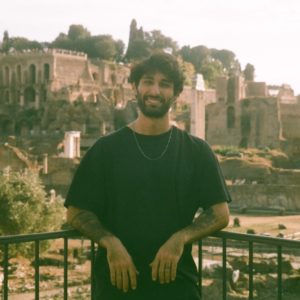
University of Auckland
Adriano De Francesco is a Ph.D. Candidate in Social Anthropology at the University of Auckland. His dissertation explores the ontogenetic dimension of physical movement for youth subjectivities by investigating the ordinary ethics of interaction during Physical Education at a high school in Auckland. Adriano’s work lies at the intersection of the anthropology of education, ethics, personhood, affect and emotion, play and sport, and violence, and engages with philosophical concepts from hermeneutics, pragmatics, the epistemology of complexity, and theories of recognition. He holds a BA in History, Anthropology, Religions from the Sapienza University of Rome and a MA in Cultural Anthropology and Ethnology from the University of Turin. His previous research was based in Italy and focused on interpersonal humiliation as an interactional ritual at a middle school. He has collaborated on school dropout prevention projects and foster-care programs for children and youth in vulnerable positions.

